Beneath the icy expanse of Greenland lies a foreboding region in the Atlantic Ocean ominously referred to as the Cold Blob. This enigmatic patch of water, stubbornly resistant to warming trends worldwide, hovers directly above a crucial component known as the Atlantic Meridional Overturning Current (AMOC). Imagine this current system as nature’s intricate web, transporting essential resources and influencing global climate stability.
For some time now, scientists have been sounding the alarm about the potential slowdown and impending collapse of AMOC. The Cold Blob serves as a visible indicator of this decline, likely exacerbated by the melting glaciers in Greenland. However, recent studies published in prestigious journals like Nature Geoscience and Nature suggest a glimmer of hope amidst these dire predictions.
One study’s lead author, David Bonan from the University of Washington, offers a slightly more optimistic view by suggesting that AMOC’s deterioration may unfold gradually rather than abruptly. He hints that complete collapse might not loom until later in this century instead of around mid-century estimates from other research. Despite these somewhat promising findings, the ramifications of an AMOC shutdown are nothing short of catastrophic.
According to Peter Ditlevsen, an esteemed ice and climate researcher at the University of Copenhagen, attempting to adapt to such a monumental shift would be futile. Picture a scenario where agriculture in Great Britain resembles struggling with northern Norway’s harsh conditions—certainly not an ideal situation for sustaining livelihoods on our planet.
While contemplating these future scenarios is sobering enough, predicting AMOC behavior has proven challenging due to limited historical data. The real-time monitoring efforts only commenced in 2004—a relatively short period considering how long this intricate system has been operating silently beneath our awareness.
David Thornalley from University College London points out that existing models struggle to accurately depict AMOC dynamics over past decades. The February study mentioned earlier suggests that although AMOC may slow down significantly by 2100, total collapse seems less likely. Even moderate weakening could disrupt rainfall patterns and exacerbate sea-level rise—a troubling prospect for coastal regions globally.
Intriguingly, fluctuations observed between 2009 and 2010 revealed AMOC’s vulnerability when it wavered by 30%, coinciding with a notable 5-inch sea level rise along New York City and Newfoundland within twelve months—an ominous preview of what could lie ahead if current trends persist unchecked.
Recent revelations from another study in Nature Geosciences narrow down projections for AMOC weakening by 2100 but underscore uncertainties regarding Greenland ice melt interactions with oceanic processes. Bonan advocates for cutting-edge modeling techniques to better anticipate how warming surface waters or accelerated ice sheet melting will impact ocean dynamics going forward.
Thornalley echoes these sentiments by underscoring that overlooking Greenland meltwater contributions could skew forecasts towards overly optimistic outcomes—if post-2100 scenarios across models hint at looming collapse regardless of pace adjustments made up until then.
The crux lies in determining when AMOC might cross a critical threshold point-of-no-return tipping point—that irreversible moment triggering cascading effects rippling through global climates far beyond immediate consequences felt today. Thornalley cautions against complacency induced by seemingly comforting studies; uncertainty reigns supreme regarding our future relationship with nature’s intricate climate regulatory systems like AMOC.
As we navigate these turbulent waters both figuratively and literally concerning Earth’s fragile ecosystems’ healthiness continues being paramount moving forward—the delicate balance maintained so far hanging precariously on scientific insights yet unfolding mysteries beckoning exploration into uncharted territories awaiting discovery.



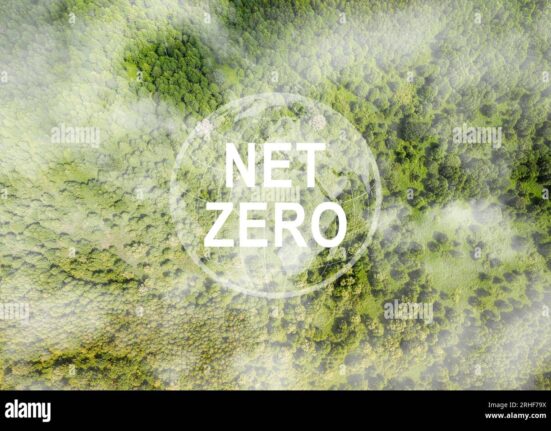
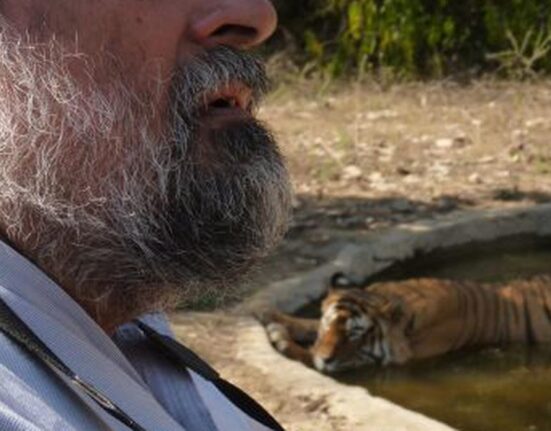

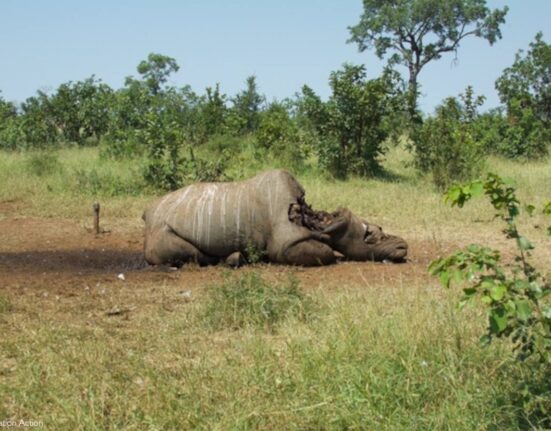
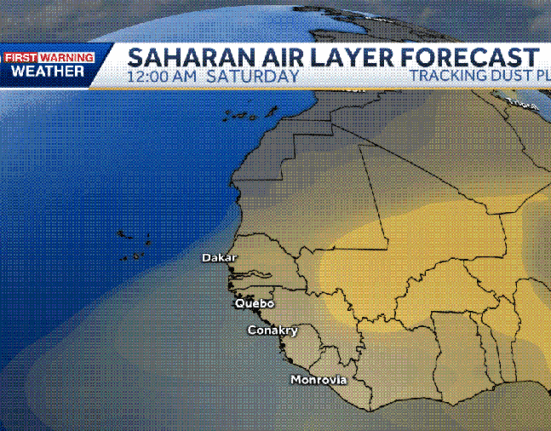
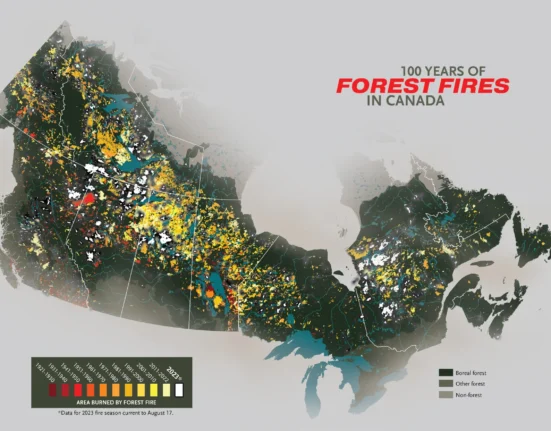
Leave feedback about this